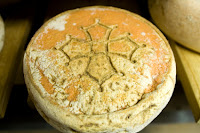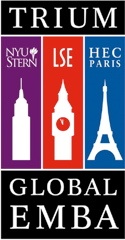Turkish Lemons, Belgian Potatoes
 Thursday, August 2, 2007 at 1:46PM
Thursday, August 2, 2007 at 1:46PM 
Two big megatrends are going to battle with each other, but neither will win: bigger distribution systems within markets such as NAFTA and the EU; and a demand for quality, local, AUTHENTIC products.
One of my favorite BBC bloggers talks a bit about the variations in produce quality across the EU (and almost-EU, i.e., Turkey). Click here for Mark Mardell's piece on lemons and potatoes.
Lots of research has been conducted lately on customer perceptions of the national and local character/provenance of products. Anyone for Chinese toothpaste? Maybe not for a while. Anyone for Chilean wine? Maybe so!
Such perceptions directly affect pricing and marketing strategies. They will also affect policy.
My wife talks about a story she read, which I haven't looked into, concerning the AOC (appelation d'origine controlée) requirements for Camembert cheese. AOC guidelines are used to determine whether a product can legitimately associate itself with a region in France -- the implication, of course, is that the guidelines define what is "authentically" French.
Apparently, some Camembert makers want to broaden their distribution of the product, and they're concerned the cheese will spoil as it travels increasingly far from the source. So they want to pasteurize the product -- verboten, in France. (Well, I shouldn't say verboten, since that's German. Il est interdit. Defense de le faire. Vous etes fou. Etc.)
And there's the conflict: if Camembert becomes pasteurized, will it be the same cheese? Will it taste worse? Will it go the way of the ... dare I say it ... Belgian potato? A sad day, if so. After all, it was the Belgian potato that gave us French fries.
[UPDATE: Here's a link to a blog posting on the issue, which quotes an archived New York Times article.]




Reader Comments